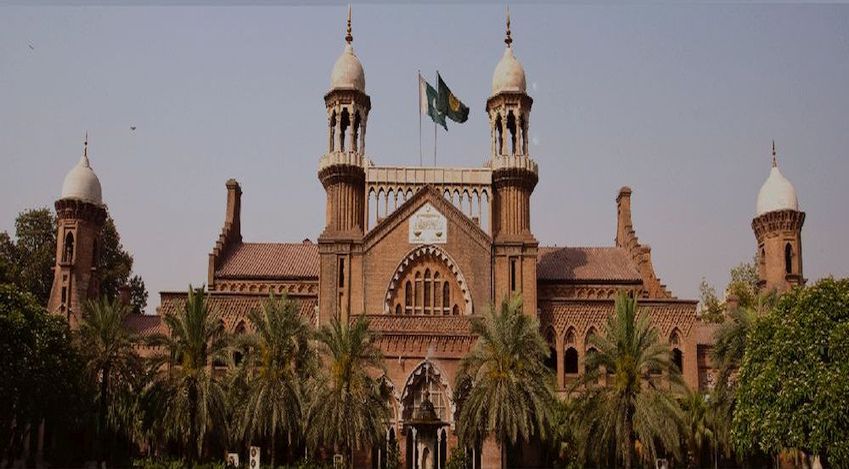Decree for Specific Performance cannot directly effect Changes in Revenue Records without the Involvement of an Executing Court --- Lahore High Court
Islamabad 13-07-2024: In a significant ruling, the Lahore High Court, Multan Bench, has dismissed a petition filed by the petitioners against an order of the Member Judicial-III, Board of Revenue (BOR), Punjab. The petitioners had challenged the BOR's decision which overturned a previous order by the Additional Commissioner (Revenue), Multan, and restored earlier orders affecting property mutations.
The case centers on a decree for specific performance obtained by the petitioners' predecessor, relating to an agreement to sell a property dated January 15, 1986. Despite obtaining a decree on 02-06-1998, petitioners' predecessor failed to pay the remaining consideration within the stipulated time, leading to numerous legal battles over the enforceability and implementation of this decree in the revenue records.
The Court reiterated that Trial Courts cannot extend the period for the deposit of sale consideration beyond the specified period in a decree, making them functus officio once this period lapses. It was emphasized that a decree for specific performance cannot directly effect changes in revenue records without the involvement of an Executing Court. The title remains with the judgment-debtor until a registered sale deed is executed. The judgment highlighted that revenue authorities are bound to implement Court decrees in revenue records as determined by the Civil Courts, regardless of any delay.
The petitioners' predecessor initially secured a decree for the specific performance of the property agreement but failed to comply with the payment conditions. Subsequent attempts to incorporate the decree into the revenue records without executing a sale deed led to multiple legal challenges, culminating in the current petition.
Mr. Justice Ahmad Nadeem Arshad concluded that the impugned order by the Member Judicial-III, BOR, was justified and legally sound. The petitioners failed to demonstrate any jurisdictional defect or material irregularity in the order. Consequently, the Court dismissed the petition, upholding the BOR's decision.
This ruling underscores the necessity of following proper legal procedures for executing decrees and reinforces the role of Executing Courts in property disputes. The judgment clarifies that specific performance decrees must be executed through Court processes to effect changes in title and revenue records.
The dismissal of the petition reaffirms the principles governing the execution of decrees and the jurisdictional limits of Trial Courts in extending payment periods, setting a precedent for similar cases in the future.
Powered by Froala Editor








